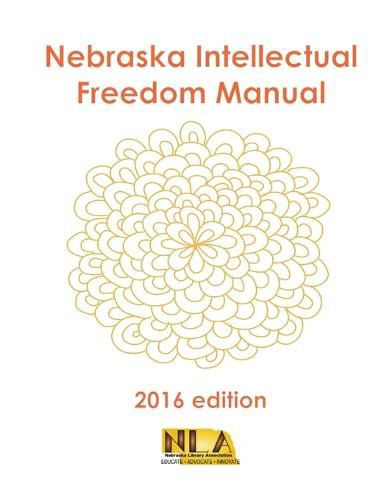Readings Newsletter
Become a Readings Member to make your shopping experience even easier.
Sign in or sign up for free!
You’re not far away from qualifying for FREE standard shipping within Australia
You’ve qualified for FREE standard shipping within Australia
The cart is loading…






This title is printed to order. This book may have been self-published. If so, we cannot guarantee the quality of the content. In the main most books will have gone through the editing process however some may not. We therefore suggest that you be aware of this before ordering this book. If in doubt check either the author or publisher’s details as we are unable to accept any returns unless they are faulty. Please contact us if you have any questions.
As defined by the American Library Association (ALA), intellectual freedom is the right of every individual to both seek and receive information from all points of view without restriction. It provides for free access to all expressions of ideas through which any and all sides of a question, cause, or movement may be explored. Intellectual freedom is a tenet that makes the library profession unique, in serving the minority as well as the majority-in collections that reflect the unpopular as well as the popular-and in protecting the utmost privacy of library users. Intellectual freedom cannot be limited or extended by personal beliefs and preferences. Intellectual freedom is a foundational principle that encourages tolerance and diversity. Intellectual freedom is a challenging area of discussion which lends itself to increasingly complicated concerns. These issues often involve law and court decisions, so they can be affected by changing decisions and ongoing appeals and suits.
$9.00 standard shipping within Australia
FREE standard shipping within Australia for orders over $100.00
Express & International shipping calculated at checkout
This title is printed to order. This book may have been self-published. If so, we cannot guarantee the quality of the content. In the main most books will have gone through the editing process however some may not. We therefore suggest that you be aware of this before ordering this book. If in doubt check either the author or publisher’s details as we are unable to accept any returns unless they are faulty. Please contact us if you have any questions.
As defined by the American Library Association (ALA), intellectual freedom is the right of every individual to both seek and receive information from all points of view without restriction. It provides for free access to all expressions of ideas through which any and all sides of a question, cause, or movement may be explored. Intellectual freedom is a tenet that makes the library profession unique, in serving the minority as well as the majority-in collections that reflect the unpopular as well as the popular-and in protecting the utmost privacy of library users. Intellectual freedom cannot be limited or extended by personal beliefs and preferences. Intellectual freedom is a foundational principle that encourages tolerance and diversity. Intellectual freedom is a challenging area of discussion which lends itself to increasingly complicated concerns. These issues often involve law and court decisions, so they can be affected by changing decisions and ongoing appeals and suits.